Are you currently considering adding a furry friend to your family and wondering which breed might be the perfect fit for you? If so, you might want to consider the Sardinian Shepherd Dog. This breed is a loyal and protective companion, originally bred for herding and guarding livestock in Sardinia, Italy. With a sturdy build and a strong-willed personality, the Sardinian Shepherd Dog is a great choice for experienced dog owners who are looking for a loyal and devoted companion. In this article, we will explore the characteristics, temperament, and care requirements of this unique breed to help you decide if it’s the right fit for you.
Breed Category: Herding
Country of Origin: Italy
Average Size:50-60 cm
Average Weight:18-30 kg
Average Life Span: 12-14 years
Grooming Requirements: Moderate
Exercise Requirements:High
History and Origin
The Sardinian Shepherd Dog, also known as the Cane Fonnese, is a breed of dog that originated in the island of Sardinia, Italy. This breed is believed to have been developed by the ancient Nuragic civilization, which inhabited Sardinia from the 18th century BC to the 2nd century AD. The Sardinian Shepherd Dog was primarily used as a herding dog, helping shepherds to manage their flocks of sheep and goats.
The breed is known for its intelligence, loyalty, and agility. It is a medium-sized dog, with a muscular build and a thick coat that can be either long or short. The Sardinian Shepherd Dog is also known for its distinctive ears, which are erect and pointed. This breed is highly adaptable and can thrive in a variety of environments, from the rugged terrain of Sardinia to the urban landscape of modern cities.
Despite its long history, the Sardinian Shepherd Dog was not recognized as a distinct breed until the 20th century. In 1955, a group of breeders in Sardinia formed the Club del Cane Fonnese, with the goal of preserving and promoting the breed. The club established a breed standard, which was later recognized by the Italian Kennel Club in 1979. Today, the Sardinian Shepherd Dog is recognized by several international kennel clubs, including the Fédération Cynologique Internationale and the United Kennel Club.
The Sardinian Shepherd Dog has played an important role in the culture and history of Sardinia. In addition to its work as a herding dog, the breed has also been used for hunting and as a guard dog. The Sardinian Shepherd Dog is also a popular companion animal, known for its affectionate and loyal nature. In recent years, efforts have been made to promote the breed outside of Sardinia, with breeders in other countries working to establish a population of Sardinian Shepherd Dogs.
Despite its long history and cultural significance, the Sardinian Shepherd Dog remains a relatively rare breed. However, its unique characteristics and rich history make it a fascinating breed for dog enthusiasts and historians alike. As efforts continue to promote and preserve the breed, the Sardinian Shepherd Dog is sure to remain an important part of Sardinian culture and history for generations to come. <
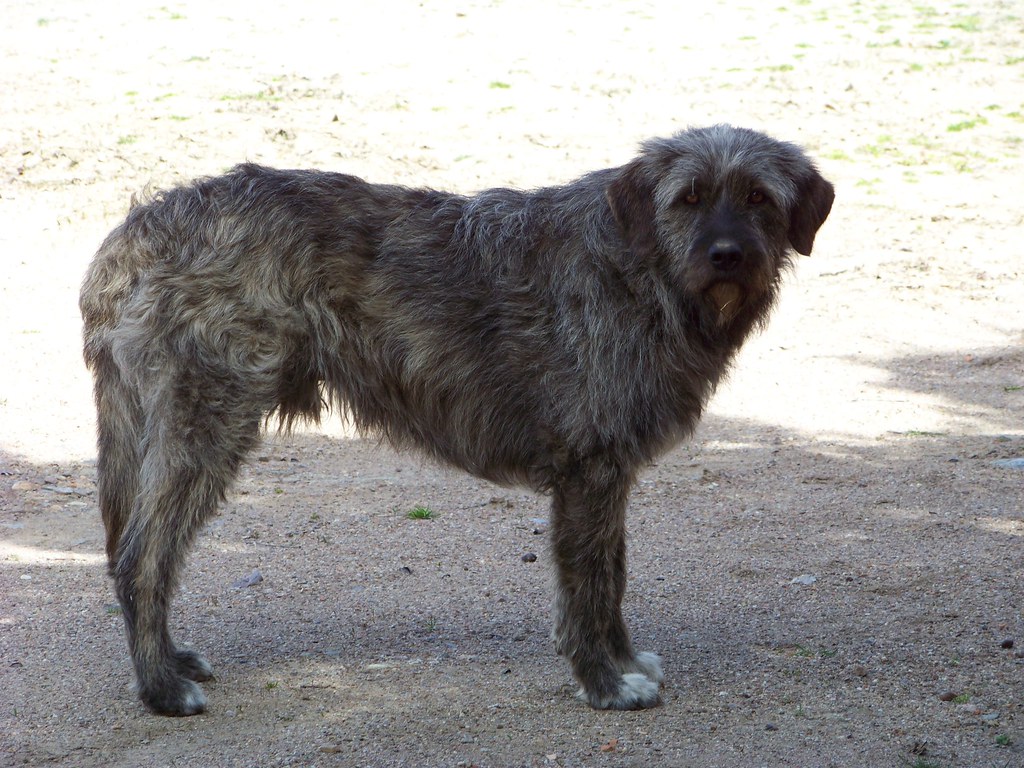
Size and Breed Category
The Sardinian Shepherd Dog, also known as the Fonnese, is a medium-sized breed that typically weighs between 18-28 kg and stands at a height of 45-58 cm at the shoulder. They have a muscular build and a thick, double coat that comes in a variety of colours including black, brown, and white. Their ears are typically erect and their tails are long and bushy. This breed is known for their agility and endurance, making them well-suited for herding and guarding livestock. They are also highly intelligent and trainable, making them a popular choice for police and military work.
The Sardinian Shepherd Dog falls under the category of working dogs, which are breeds that were originally developed for specific tasks such as herding, guarding, and hunting. They are a rare breed outside of their native Sardinia, but have gained popularity in recent years due to their loyal and protective nature. While they may be reserved with strangers, they are fiercely loyal to their family and make excellent companions for those who are willing to provide them with plenty of exercise and mental stimulation. Overall, the Sardinian Shepherd Dog is a unique and versatile breed that excels in a variety of roles.
Fur Length and Colour
The fur of the Sardinian Shepherd Dog is typically medium in length, with a dense undercoat and a coarser outer coat. The fur is weather-resistant, which is important for the dog’s role as a working breed in the rugged terrain of Sardinia. The fur can come in a variety of colours, including black, brown, and white, with some dogs having a combination of these colours. The fur may also have markings or patterns, such as spots or stripes, which can vary in intensity and size. Overall, the fur of the Sardinian Shepherd Dog is an important characteristic that helps the dog to adapt to its environment and perform its duties as a working breed.
The colour of the Sardinian Shepherd Dog’s fur can vary depending on the individual dog and its lineage. Some dogs may have a solid colour, while others may have a combination of colours or markings. The fur can be black, brown, or white, with some dogs having a mix of these colours. The intensity of the colour can also vary, with some dogs having a darker or lighter shade of their base colour. The colour of the fur is an important characteristic of the Sardinian Shepherd Dog, as it can help to distinguish the breed from other similar breeds and can also be an indicator of the dog’s health and well-being.
Termperament and Trainability
Sardinian Shepherd Dogs are known for their high energy and strong-willed temperament. They are a breed that requires a lot of exercise and mental stimulation to keep them happy and healthy. They are also very protective of their family and can be wary of strangers, making them excellent guard dogs. However, this protective nature can also make them stubborn and difficult to train at times. It is important to establish yourself as the pack leader early on and use positive reinforcement techniques to encourage good behavior. With patience and consistency, Sardinian Shepherd Dogs can be trained to excel in obedience and agility competitions.
In terms of trainability, Sardinian Shepherd Dogs are highly intelligent and quick learners. They are eager to please their owners and enjoy being given tasks to complete. However, their independent nature can sometimes make them difficult to train, as they may become bored or distracted easily. It is important to keep training sessions short and engaging, and to provide plenty of positive reinforcement for good behavior. Sardinian Shepherd Dogs also benefit from early socialization, as this can help to reduce any fear or aggression towards other dogs or people. With the right approach, Sardinian Shepherd Dogs can be trained to be well-behaved and obedient companions.
Known Health Conditions
Sardinian Shepherd Dogs are prone to certain health conditions that owners should be aware of. One of the most common issues is hip dysplasia, which is a genetic condition that affects the hip joint. This can cause pain, lameness, and arthritis in the affected joint. Owners should ensure that their Sardinian Shepherd Dog is screened for hip dysplasia before breeding, as it can be passed on to offspring. Another condition that can affect this breed is progressive retinal atrophy, which is a degenerative eye disease that can lead to blindness. Regular eye exams can help detect this condition early on, allowing for appropriate treatment and management.
Another health concern for Sardinian Shepherd Dogs is epilepsy, which is a neurological disorder that can cause seizures. This condition can be managed with medication, but it is important for owners to work closely with their veterinarian to find the right treatment plan for their dog. Additionally, this breed is prone to developing allergies, which can cause skin irritation, itching, and other symptoms. Owners should be aware of the signs of allergies and work with their veterinarian to identify and manage any triggers. Overall, regular veterinary check-ups and preventative care can help keep Sardinian Shepherd Dogs healthy and happy.
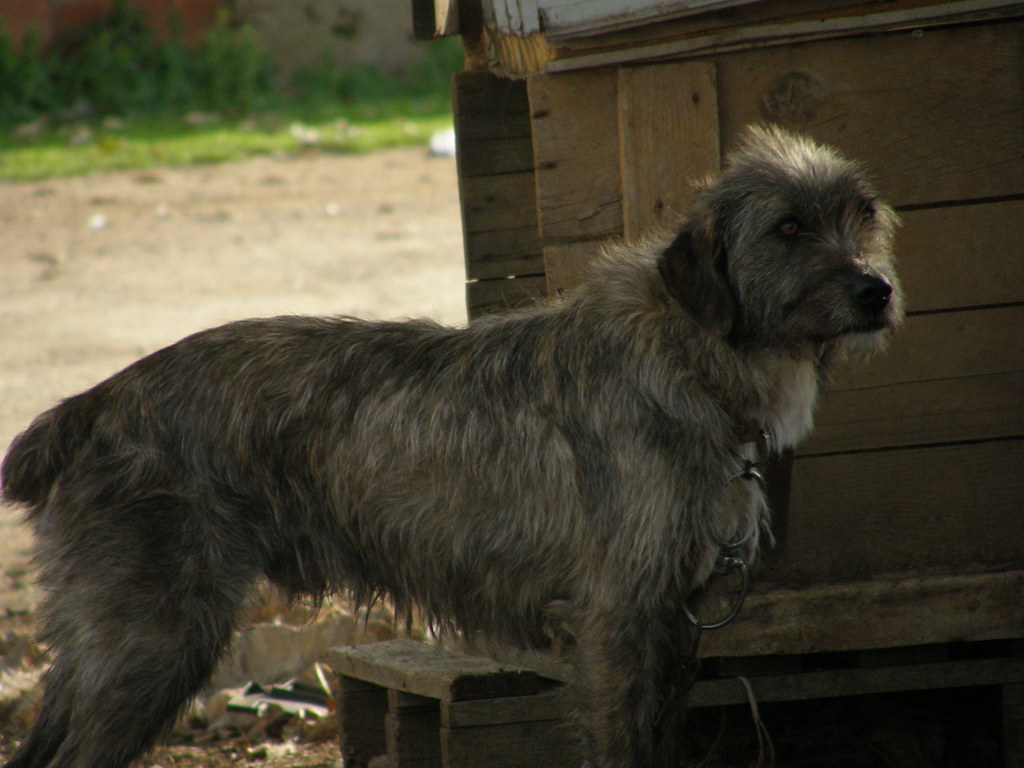
Openness to Strangers
Sardinian Shepherd Dogs are known for their friendly and welcoming nature towards strangers. They are a breed that is naturally curious and sociable, making them great companions for those who enjoy meeting new people. These dogs are not aggressive towards strangers and are often eager to greet them with a wagging tail and a friendly bark. They are also known to be very loyal to their owners and will often follow them around wherever they go. Sardinian Shepherd Dogs are a great choice for families who want a dog that is both friendly and protective.
Despite their friendly nature, Sardinian Shepherd Dogs can be quite reserved when it comes to new situations. They are a breed that is known to be cautious and observant, taking their time to assess new environments and people before fully engaging. This can make them great watchdogs, as they are always on the lookout for potential threats. However, it is important to socialize them from a young age to ensure that they are comfortable in a variety of situations. With proper training and socialization, Sardinian Shepherd Dogs can make great pets for families and individuals alike.
Playfulness Level
The Sardinian Shepherd Dog is a highly energetic and playful breed that loves to be active. They are known for their love of play and their ability to keep up with their owners during long walks or runs. This breed is always up for a game of fetch or a run around the park, and they are sure to keep their owners entertained with their playful antics. Whether it’s chasing after a ball or playing tug-of-war, the Sardinian Shepherd Dog is always ready for a good time.
Their playful nature makes them a great choice for families with children, as they love to play and interact with kids. They are also very social dogs and enjoy the company of other dogs, making them a great choice for multi-dog households. However, their high energy levels mean that they require plenty of exercise and mental stimulation to keep them happy and healthy. Owners of this breed should be prepared to provide plenty of opportunities for play and exercise, as well as training and socialization to ensure that their Sardinian Shepherd Dog is a well-behaved and happy member of the family.
Suitability as a Pet for Children
Sardinian Shepherd Dogs, also known as Fonnese, have a strong and loyal temperament, making them a great pet for children who are looking for a companion. They are highly intelligent and trainable, which means they can be easily taught to follow commands and perform tricks. Their protective nature also makes them a great watchdog, ensuring the safety of the family. However, they require regular exercise and mental stimulation to keep them happy and healthy. Overall, Sardinian Shepherd Dogs can make a wonderful addition to a family with children who are willing to put in the time and effort to properly care for them.
Exercise Needs
Sardinian Shepherd Dogs require a significant amount of exercise to maintain their physical and mental health. As a working breed, they have a high energy level and need plenty of opportunities to run, play, and explore. A daily walk of at least an hour is recommended, but they will benefit from additional exercise such as hiking, running, or playing fetch. It is important to note that Sardinian Shepherd Dogs have a strong prey drive and should always be kept on a leash or in a secure area to prevent them from chasing after small animals. Providing them with mental stimulation through training, puzzle toys, and interactive playtime is also essential to prevent boredom and destructive behavior.
In addition to regular exercise, Sardinian Shepherd Dogs require a balanced diet to support their active lifestyle. They are prone to obesity, so it is important to monitor their food intake and provide them with high-quality, nutrient-dense food. Regular veterinary check-ups are also recommended to ensure they are in good health and to address any potential health issues early on. Sardinian Shepherd Dogs thrive in an active household where they can receive plenty of attention and exercise. They are loyal and affectionate companions who will form a strong bond with their owners and make excellent watchdogs. However, they are not recommended for first-time dog owners or those who cannot provide them with the exercise and attention they require.
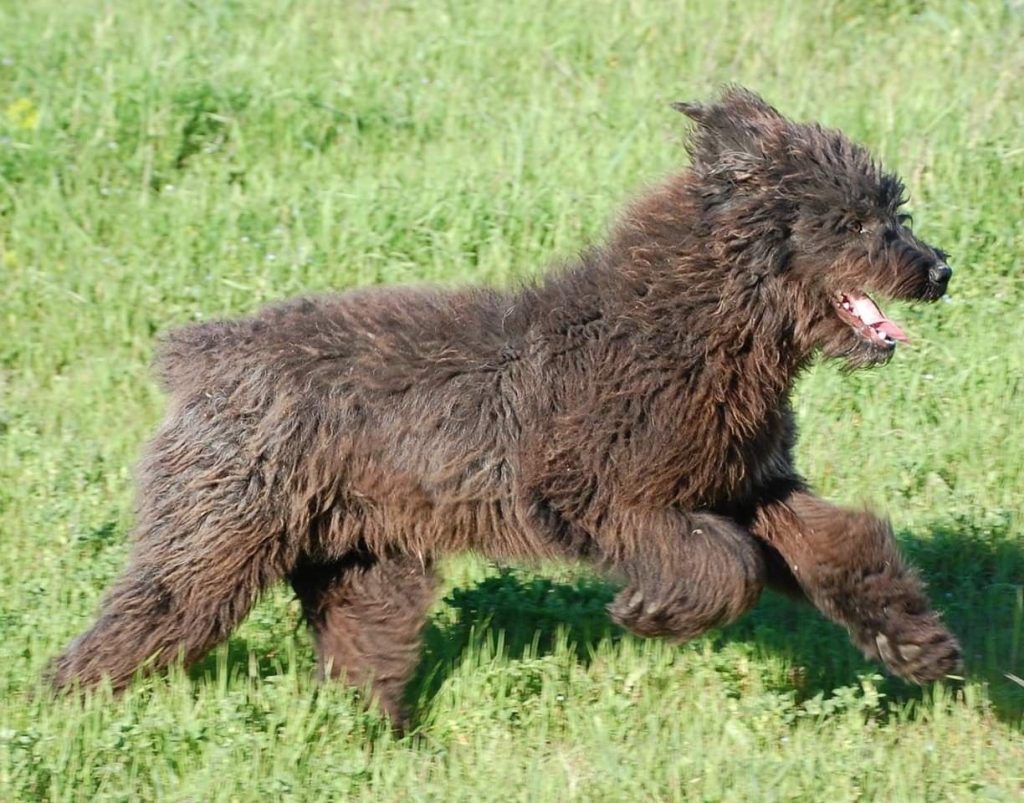
Suitability for a Multi-Pet Family
Sardinian Shepherd Dogs have been known to coexist peacefully with other pets in the household. They are generally friendly and sociable, and with proper socialization and training, they can learn to get along with other animals. However, as with any breed, individual temperament and personality can vary, and some Sardinian Shepherd Dogs may be more prone to aggression towards other pets. It is important to introduce them to other animals slowly and carefully, and to supervise their interactions to ensure everyone’s safety.
Housing Requirements
Sardinian Shepherd Dogs require a spacious and secure living environment that allows them to move around freely. They are active dogs that need plenty of exercise, so a large garden or outdoor space is essential. The ideal living space for a Sardinian Shepherd Dog would be a house with a garden or a farm with plenty of land. They are not suited to apartment living as they need room to run and play. Additionally, they require a sheltered area where they can rest and sleep comfortably. This could be a kennel or a covered area within the garden. It is important to ensure that the living space is secure as Sardinian Shepherd Dogs are known to be excellent escape artists.
Sardinian Shepherd Dogs also require regular grooming to maintain their thick, double-layered coat. They shed heavily twice a year, so it is important to brush them regularly to prevent matting and tangling. They also need regular exercise to keep them healthy and happy. Daily walks and playtime in the garden are essential for their physical and mental wellbeing. Sardinian Shepherd Dogs are intelligent and trainable, so they benefit from regular training sessions to keep their minds stimulated. They are loyal and affectionate dogs that thrive on human companionship, so it is important to provide them with plenty of attention and affection.
Summary
Sardinian Shepherd Dogs have a strong herding instinct and require plenty of exercise and mental stimulation. They are loyal and protective of their family, but can be wary of strangers. Due to their high energy levels and need for space, they may not be suitable for apartment living. Proper socialization and training are important for this breed.
Sardinian Shepherd Dog FAQS
Yes, Sardinian Shepherd Dogs are intelligent and trainable, but they require consistent and firm training.
Yes, Sardinian Shepherd Dogs are good with children, but they should always be supervised around young children.
Sardinian Shepherd Dogs are generally healthy, but they may be prone to hip dysplasia and eye problems.
Yes, Sardinian Shepherd Dogs require regular grooming to maintain their thick coat and prevent matting.
Yes, Sardinian Shepherd Dogs have a thick coat and shed moderately throughout the year.
Sardinian Shepherd Dogs have a lifespan of 10-12 years.
Sardinian Shepherd Dogs are active dogs and require at least 1-2 hours of exercise daily.
A Sardinian Shepherd Dog can grow up to 60-70 cm in height.
Yes, Sardinian Shepherd Dogs are loyal and protective of their families, making them great family pets.
The average weight of a Sardinian Shepherd Dog is between 25-35 kg.


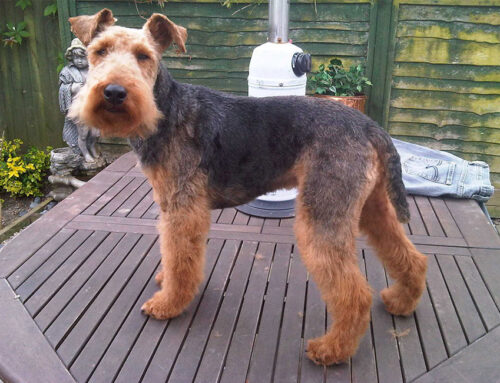


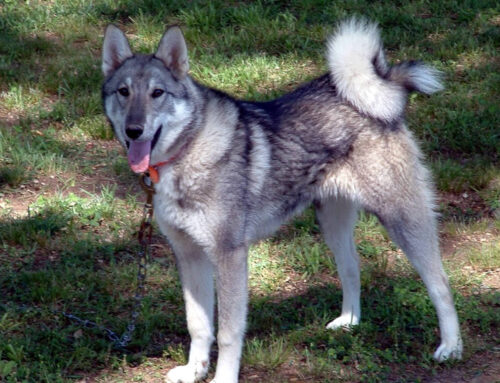
Leave A Comment